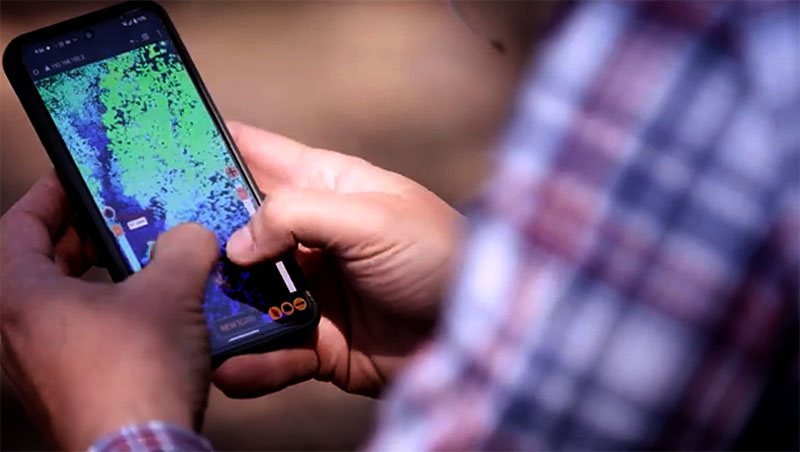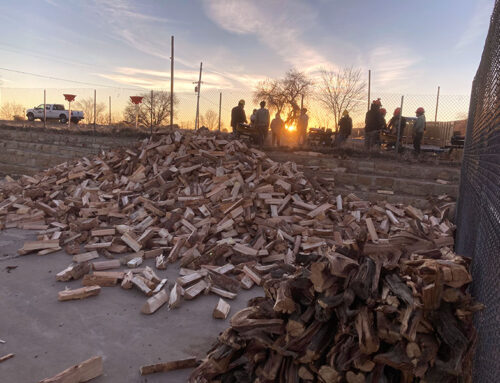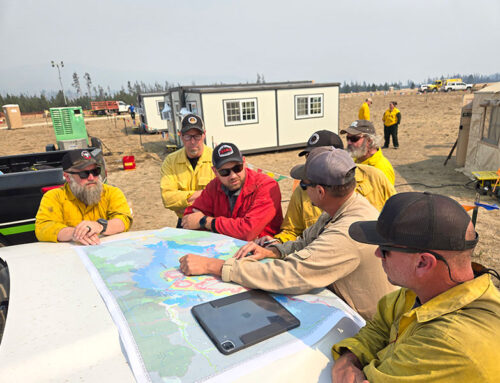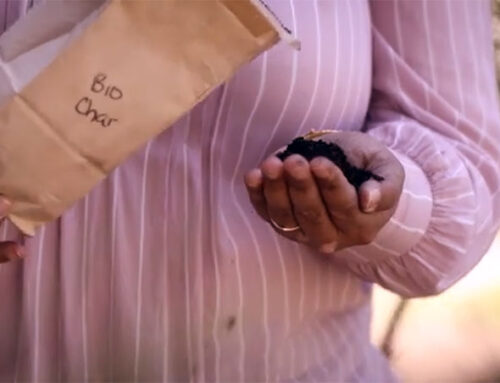In the summer of 2024, ERI staff and students collected field data at various sites across the Southwest. This effort investigated the impacts of drought and wildfire on ecosystems, evaluated the effects of ecological restoration treatments, and assessed the efficiency of new technologies for monitoring forest conditions.
As fall transitions to winter, the group is conducting quality control checks on the field data and performing analyses. Their goal is to provide answers and produce useful information that land managers, other researchers, and the public can apply.
ERI researchers will develop peer-reviewed articles, technical reports, presentations, and facts sheets on topics such as long-term forest dynamics on the San Francisco Peaks, the effects of restoration treatment on tree survival and shrub responses after wildfire, the survival of pinyon pine seedlings during prolonged drought, and the use of LiDAR (Light Detection and Ranging) data for modeling forest wildfire behavior.
ERI undergraduate students will also analyze data and report on their individual projects, which include examinations of Sunset Crater penstemon seed production after wildfire, the importance of tree foliar moisture in affecting potential wildfire behavior, use of fungal parasites to fight oystershell scale insects, and demographic characteristics of grasses in ponderosa pine forests.




